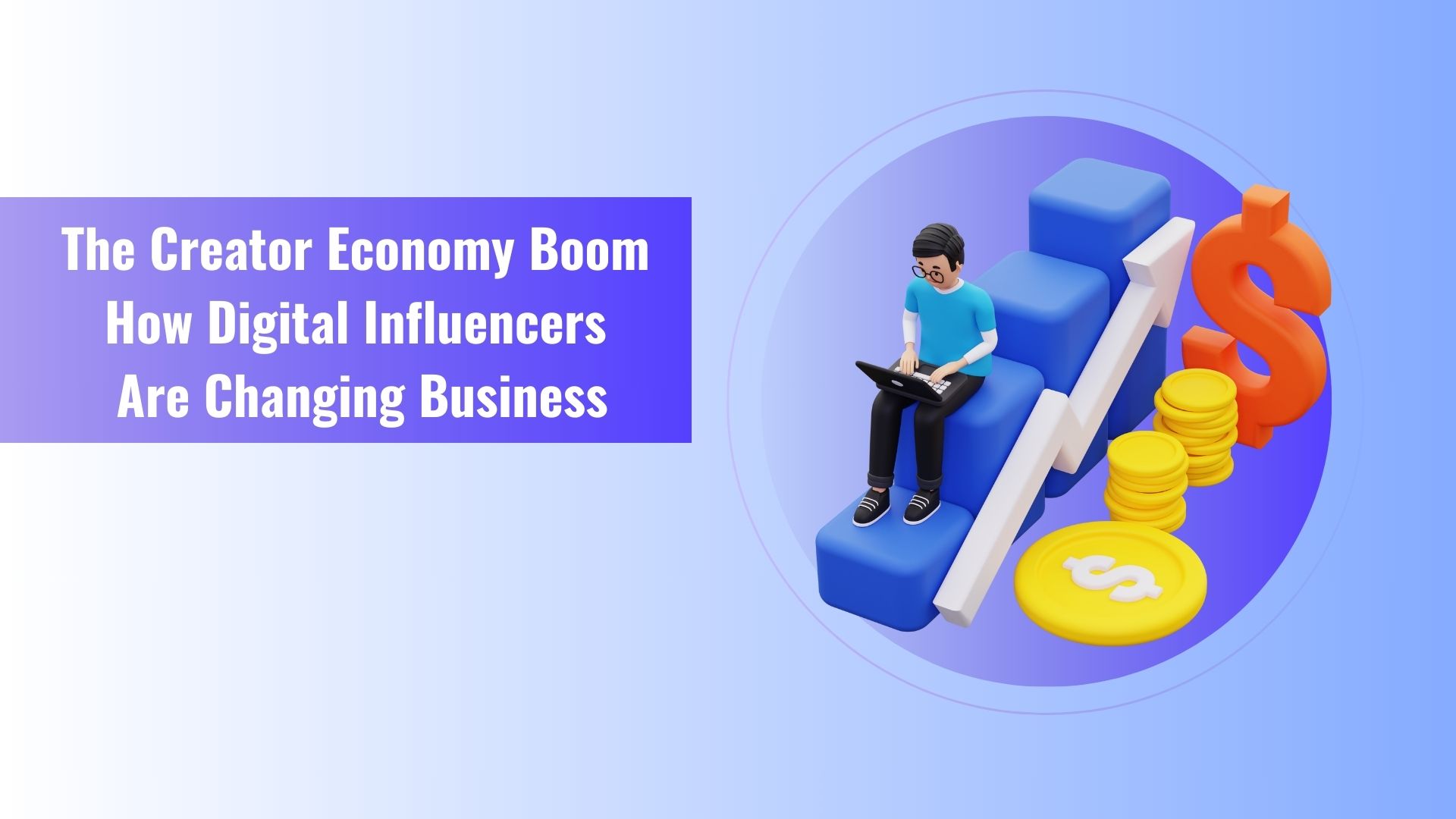The rise of the creator economy has transformed the business landscape, giving digital influencers unprecedented power to shape consumer behavior, brand strategies, and even entire industries. With social media platforms evolving into lucrative marketplaces, influencers are redefining traditional marketing and entrepreneurship.
The Rise of the Creator Economy
Over the past decade, digital platforms like YouTube, Instagram, TikTok, and Patreon have allowed content creators to monetize their influence. Unlike traditional celebrities, influencers build engaged communities around niche interests, making them highly effective for targeted marketing and brand collaborations.
How Influencers Are Reshaping Business
- Brand Partnerships & Sponsored Content
- Businesses invest heavily in influencer marketing, recognizing consumers trust peer recommendations more than traditional ads.
- Influencers now co-create products with brands, leading to limited-edition drops and exclusive collaborations.
- Direct-to-Consumer (DTC) Models
- Many creators bypass conventional retail models by launching their product lines, from beauty brands to fitness programs.
- Social media platforms now integrate shopping features, enabling influencers to sell directly to their audience.
- Subscription-Based Revenue & Community Monetization
- Platforms like Patreon, Substack, and OnlyFans allow creators to earn through memberships, exclusive content, and private communities.
- This direct support model reduces reliance on brand deals and gives creators more financial independence.
- NFTs & Digital Ownership
- The rise of Web3 has introduced new revenue streams for influencers, including NFTs and blockchain-powered memberships.
- Digital artists, musicians, and content creators leverage decentralized platforms to sell their work directly to fans.
- AI & Automation in Content Creation
- AI-powered tools help influencers streamline content creation, from automated video editing to AI-generated scripts.
- Virtual influencers—AI-generated personalities—compete with human creators for brand deals.
The Future of the Creator Economy
As digital influence grows, brands must adapt to new consumer behaviors driven by creators. The future will likely see:
- More brands partnering directly with micro-influencers for authentic engagement.
- Greater emphasis on community-driven commerce and decentralized content ownership.
- Enhanced AI tools that allow creators to scale their content production effortlessly.
Conclusion
The creator economy is no longer just a trend but a fundamental shift in business operations. As digital influencers continue shaping industries, companies must embrace new marketing strategies prioritizing authenticity, engagement, and innovation.
Who are your favorite digital influencers, and how have they impacted your purchasing decisions? Share your thoughts in the comments!

